Words.
Words have so much power. Words can make or break a person’s entire life.
If you want proof, think about the most hurtful words spoken to you as a child.
Do those words still bring emotions to you? If you reflect upon the memory, you might find out that those words have had some kind of effect in your belief system and in the formation of your character.
In fact, you might still be believing that ‘you are not good enough’ or ‘you are not good at _____’ because someone said that to you when you were growing up. And you didn’t want to try more because you believed those words.
In the past year, I have been reading so many books about the power of our minds in shaping the reality we want in our life. The research is mindblowing and I am amazed by the effect of words. I am thinking about all the things spoken to me as a child which eventually became my self-talk.
Had I not believed what the adults in my life told me at that time, I would not have developed social anxiety and missed out on so much fun in life. But I am still grateful that I have the opportunity and knowledge now, to work on it. Resenting the past doesn’t do any good, does it?
This knowledge also made me extra cautious about the things we parents tell our kids.
As parents, there are so many things we should never tell our kids because kids are little and they do not yet have the wisdom to realize that it comes from an adult’s lack of self-control or from their ignorance.
So they tend to believe most things we say to them.
WHAT ARE THE BAD EFFECTS OF SAYING THESE COMMONLY USED PHRASES TO KIDS?
Children who are used to hearing negative words about them develop low self-esteem. Often parents use this language to make kids understand the enormity of their acts. They think it will make kids suffer for what they did.
But children don’t need suffering to learn their lesson. What they need is a responsible adult who can teach them with gentle guidance.
We don’t need to belittle them for their mistakes by speaking negative words. These words don’t teach anything but instead, they start to believe negative things about themselves.
They feel like they are not good enough, they are a burden, they are a cause of stress for others, etc. As a result, they grow up blaming themselves for coming into the world and causing unhappiness here. They develop fear to try new things because their mistakes were treated badly and now they don’t want to disappoint others.
Negative words make children struggle to find their true identity because they believe what we tell them.
Let’s think about it for a moment.
Does making a small mistake make your son stupid? Is he really stupid? Doesn’t he also do wise and thoughtful things for his age?
But when you call him “stupid” and do it repeatedly he will believe it and his mind will make him think and act in a manner to make it appear true.
Because
We act from our own beliefs. We cannot do something if we don’t believe we can.
Let’s see what are some of the common psychologically damaging things that parents tell kids.

1. YOU ARE A BAD GIRL/BOY
One of the most common phrases.
When we tell a child that he is bad for doing something, he starts to believe he is a bad person for doing a wrong act. It’s not true. Because then we all are bad people. We all make mistakes and do things that we shouldn’t do.
What a child should learn is what he did is wrong. But that doesn’t mean he is a ‘bad person’, only his act was bad. He is capable of doing so many good things.
What to say instead: What you did is wrong. But I am confident you can correct it.
2. GOOD GIRLS DON’T CRY / BOYS DON’T CRY
Crying is a natural response to overwhelming emotions. But yet we see parents trying to stop kids when they cry.
There are so many benefits to crying. Crying doesn’t make anyone bad. It is just our body trying to release stress. It helps us in processing the emotions and get over difficult feelings.
And since kids are more vulnerable and can’t exhibit control over their emotions as good as an adult, they cry for everything.
When they cry, the best thing a parent can do is let them finish crying instead of stopping it and offer support and empathy.
Their reasons may be silly for us, but for them it’s big. Validate their feelings and let them know that you are there for them no matter what.
What to say instead: I am sorry this is hard for you. I will sit with you until you feel better.
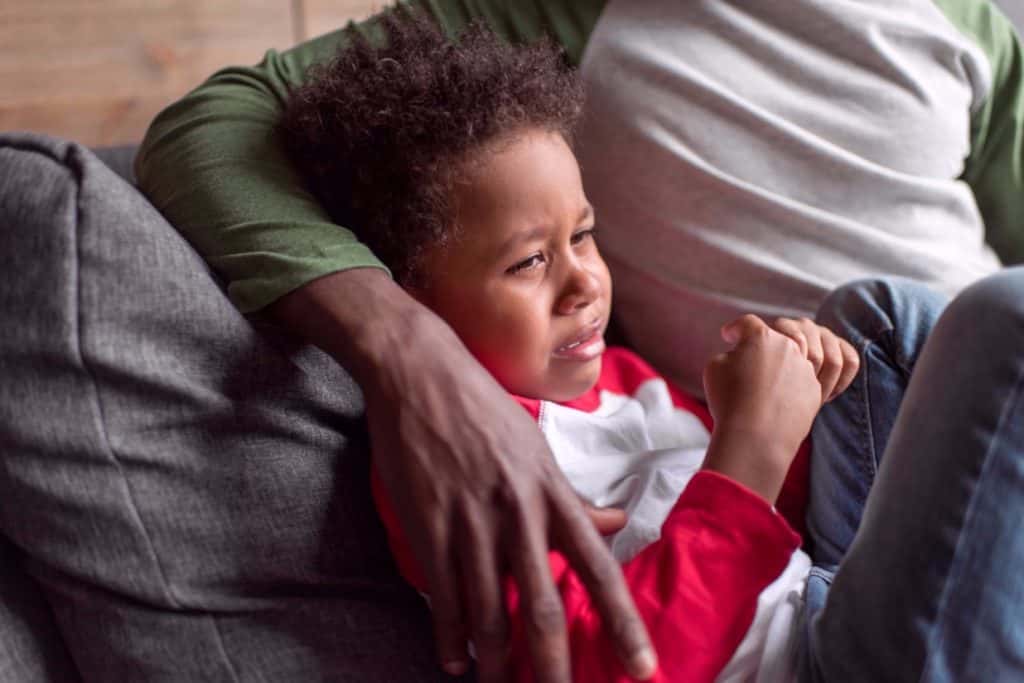
3. YOU DON’T FEEL THAT WAY
Everyone has the right to their feelings, including kids. When kids express their feelings about something and if you negate it right away, they won’t feel validated.
For them, it can feel like “there is no use in telling my mom about it, she doesn’t understand how I feel”. This may prevent them from opening up to you when they have difficult feelings.
So, when they come to talk about their feelings, do not judge it. Try to keep the urge to judge inside and fully listen. They will feel safe to open up to you about anything later in life if you can truly listen and acknowledge their feelings without judgment.
What to say instead: I am sorry you feel that way. Let’s discuss what we can do from this point onwards, to make you feel better about this situation.
4. WHY CAN’T YOU BE MORE LIKE ______?
The classic line.
I am sure most of us have heard it at least once in our lives and maybe said that to our kids too. It is one of the worst things that a parent can say to his/her children.
Parents usually use this phrase thinking it will motivate children to learn good behavior from others by motivating themselves. But the truth is it never helped anyone.
For example, if your spouse asked you to learn good behavior from your friend or from a family member, how would you feel? Would you feel motivated or angry towards your spouse and the other person?
You will feel resentment and jealousy. Because it is the questioning of your own uniqueness and individuality.
We need to accept our kids as they are and also accept the fact that they can never act like someone else. And they should never be asked to do that too. One of the side effects of doing this is, they will start comparing themselves with everyone else and feel bad about the qualities they don’t have.
In the case of siblings, even though they came from the same womb, they can’t be compared to each other. Each of your kids has their own unique individuality.
Parents need to be extra careful of these comparisons even when talking to others. We usually say things like, “My elder daughter is good at cleaning her room, but my younger one ……”. Your kids are always listening and even when they are not, let’s eradicate the tendency to compare two kids from our own minds.
Instead, let’s be grateful for the fact that we have individuals with unique traits, under one roof.
What to say instead: Talk only about what a child did rather than making her feel inadequate by comparing her actions to someone’s good behavior.
Example: Your room looks messy. What’s your plan for cleaning it?
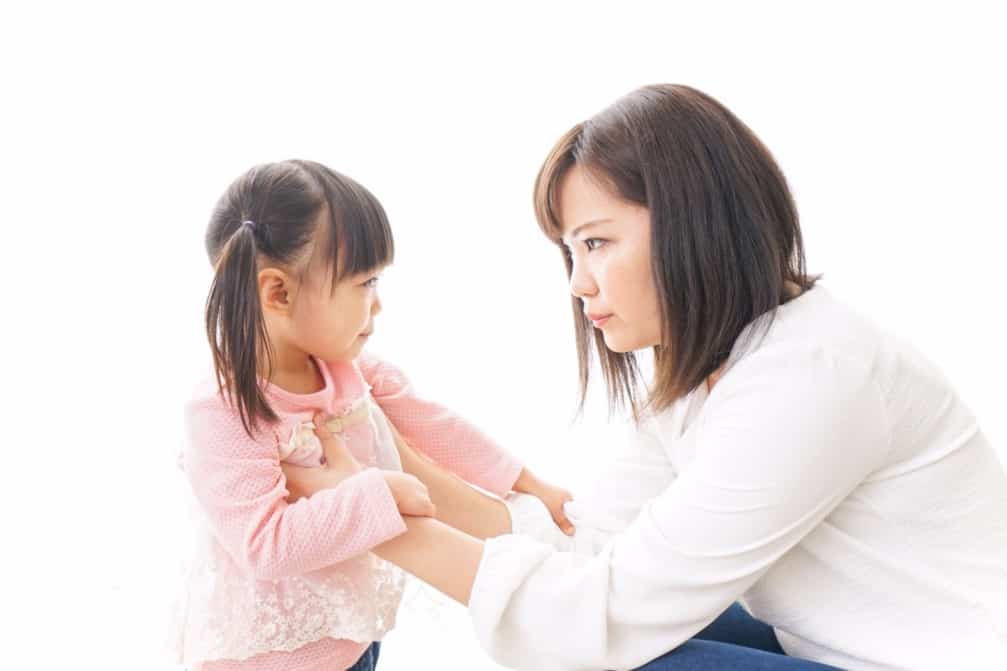
5. I WISH I NEVER HAD KIDS
This is a terrible thing a parent can say to kids. I won’t judge you for thinking this in your mind. Because parenting is not an easy job and especially for moms, it’s hard to get a break. Sometimes when we go through the struggles, it is normal to miss your old life. But verbalizing it and saying it to a little human is cruel.
When a parent tells a child that they wish they didn’t have a child, the child feels guilty for having been born. It is a huge blow to their self-worth.
Whether we want to embrace parenthood or not, our children didn’t choose to come to this world. We made them come here. And it’s now our responsibility to provide not only for their physical needs but also their emotional needs.
Children want to feel safe, loved and needed. If these needs are not fulfilled, they will grow up being wounded and neglected.
And as a parent, if you constantly have these feelings, you need to address the underlying issues that cause them immediately. Because it’s not only damaging the mental health of the kids but yours too.
How to prevent saying this: Remove yourself from the situation that’s making you angry, take deep breaths and take the time to cool down. When words of this intensity are spoken once, it’s hard to heal the wound caused in children’s minds.
What to say instead: If you have said this to your kids, you can try to reduce the effect of the damage by repeating the following phrases often.
- I am so happy and grateful that I have you in my life.
- I appreciate your presence in my life, I am so lucky to have you as my son.
Related:
6. I AM LEAVING THIS HOME AND NEVER COMING BACK
I am so guilty of saying this to my kids. The truth is, sometimes the noise and chaos can get on my nerves, which is too much to handle for my sensitive, introverted soul. This is not a justification to say this to my kids.
In fact, I feel terrible after saying this. Such empty threats make kids feel unsafe and unprotected. Children need to feel safe at home to be themselves and express their emotions freely.
They feel unsafe to express their big emotions because those emotions cause a trigger in their parents. It can have a damaging effect on their mental health.
What to say instead: Everyone is frustrated here. Let’s take some time to cool down and then we’ll talk.
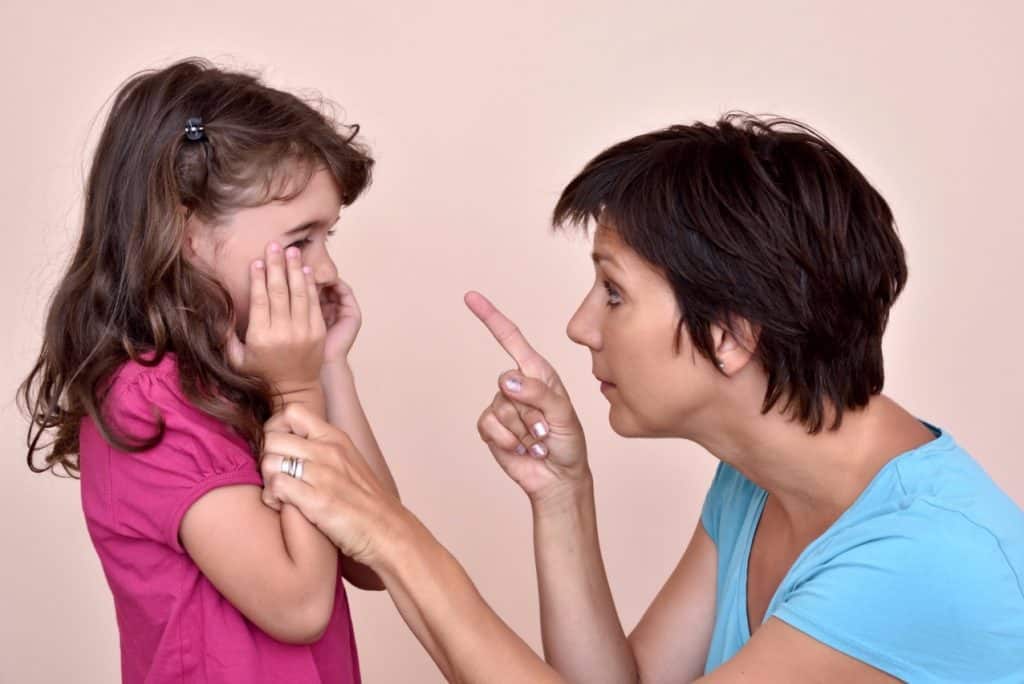
7. YOU ARE SELFISH
Children are usually self-centered. It takes time, conscious training and role modeling to teach them empathetic behaviors.
Studies show that the egocentric behaviors that kids display are due to their immature brains even though they can distinguish between “fair” and “unfair”.
When you label a child as selfish, he may learn to not speak for his needs out of fear.
Like every other skill, we need to teach children about selfishness and selflessness. Not all children are the same, so for some, it may take time.
What to say instead: I understand that you don’t want to share that teddy bear with your cousin because it’s special for you. Let’s see what other toys you have, that you are okay to share with him.
8. BECAUSE I SAID SO
This line is usually used by authoritarian parents who don’t give a chance to the child to speak his mind. But this never works because no human being-child or adult- feels good about taking barking orders.
This may work for the short term with young kids but never with older kids. A better approach should be to get their cooperation through finding solutions together and ask them to do what’s acceptable for both parties.
Sometimes they have to do what they don’t want to do (ex. chores). In such cases, you can think of better alternatives than ‘Because I said so’.
What to say instead: What’s your plan for getting your assignment done in time?

9. IF YOU DON’T DO IT, I WILL _______
Parents often use threats to make kids obey. It usually works with young children because we are frightening them by threatening to take away something of theirs or abandoning them somewhere scary.
It may work when they are small, but when they grow up they will call you out on it. And also parents don’t act on the threats most of the time. Kids learn that sooner or later and your words will be ineffective.
Also, this kind of disciplining doesn’t take the child’s needs into consideration and thus the parent loses the opportunity to bond with the child by listening to what they have to say.
Children learn by modeling your behavior. So if you do this to your kids, they will use it on their siblings and friends tomorrow. They learn that it’s ok to harm another person or cause misery to someone if they do not oblige to him/her.
What to do instead: Consider this scenario. It’s bedtime and you want your son to go brush his teeth. But he is busy drawing, and you want him to go now.
If you are used to threatening, you might say, “Go to the bathroom now, or else I will take your colors away.” This creates a power struggle and seconds later you are angry, your son is crying and it’s total chaos.
He was immersed in his artwork and if you are being empathetic, you can understand that it’s not fair to drag him away in the middle of it. You can go near him and show curiosity and appreciation. “Wow, I love how you have drawn the building, I like all the little details you have given to it.” After his response, you can say, “Honey, it’s bedtime. Do you want to brush your teeth now or after five more minutes of drawing?”
This is a much more effective way to make kids “obey”. Here a child feels valued, heard, seen and appreciated.
10. JUST LIKE YOUR FATHER / MOTHER
Kids may exhibit the exact behavior of your spouse which is irritating for you. But badmouthing your spouse in front of your child is never a good idea as it only makes your spouse upset.
What to do instead: Comment on the behavior of your child alone. Do not compare it to anyone else’s behavior.
11. YOU ALWAYS ___________/ YOU NEVER ___________
‘Always” and “never” are common words to avoid when criticizing your child’s behavior (not only to children, but it is applicable to everyone else too). As the saying goes, “Always and never statements are always false and never true”.
Usually, we say things like, “you never pick up your toys” or “you always tell lies”.
It is not true. There are so many instances where your child must have picked up the toys or told the truth.
Using these words make your child unappreciated for the efforts he makes to do something right. It makes him feel like he can’t ever do anything right and he can’t change.
It is an attack on someone’s personality and it is disappointing to hear such words about oneself.
What to say instead: Instead of always and never, use “frequently” or “often”. And also express your faith in the child to change the behavior saying, “I know you have the ability to work hard”.
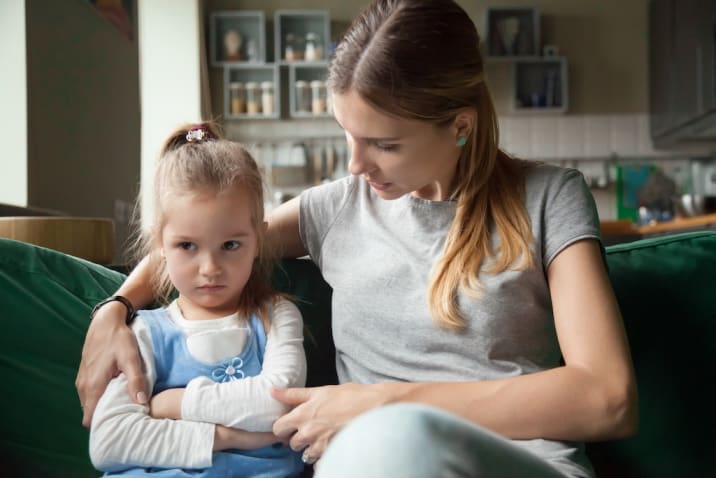
12. WHEN I WAS YOUR AGE, I COULD DO THAT
All kids develop at different rates. Therefore, comparing their abilities with yours can disappoint them. In fact, comparing their milestones with anyone else is not good.
It harms their self-esteem and causes self-doubt in their ability to achieve any goal in life.
What to say instead: I know you are working hard on your backstroke. I have complete faith that you will be able to master it.
13. GOOD JOB!
“Good job” can seem like a harmless phrase to say to kids. But the phrase ‘good job’ doesn’t tell kids much about their effort. This phrase is too vague and doesn’t tell kids much about their effort.
According to Alfie Kohn’s article, saying ‘good job’ is manipulative. He claims it doesn’t increase self-esteem but actually makes kids dependable on others’ approval.
We want kids to behave well and put in the effort to achieve good things in life because they genuinely want to. Not because they want to earn praise and become people pleasers.
I believe in offering kind words to children once in a while as encouragement. But covering them with praises when they can do completely okay without it might damage their ability to be intrinsically motivated.
What to say instead: You can express appreciation by being specific like “You cleaned your room by yourself”, or “I see you are working hard to score good marks in the test”.
14. I AM PROUD OF YOU
Another seemingly harmless phrase is “I am proud of you”. I say this often to my kids and until recently I thought it’s benefitting them.
And recently one day my daughter came running and said, “Mom, I helped my sister to find her shoe”. I just smiled and said okay. And then she asked me “Why are you not saying I’m proud of you?”.
That got me thinking. Is she doing kind things for others to get my appreciation? Isn’t she looking for external validation to feel good about what she did?
So, when you say “I am proud of you”, the child might learn to do things for making you proud rather than for them to feel good.
What to say instead: You must be so proud of yourself.
When you use this phrase, you are redirecting the attention to the child itself and thus he learns that he should make himself proud rather than anyone else.
You can also ask questions like, “How does it make you feel?”. This makes them think for themselves and helps them to become intrinsically motivated.
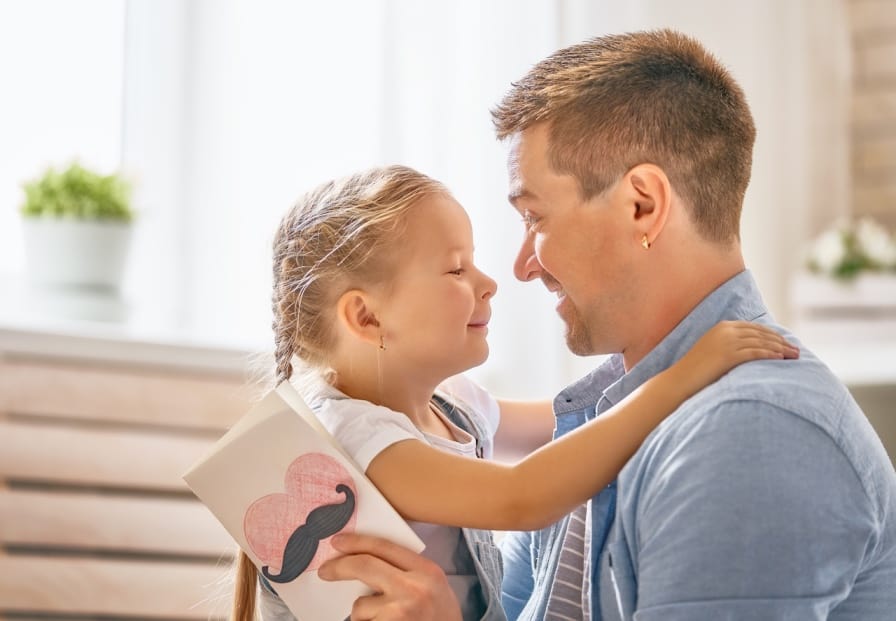
15. YOU ARE BEING A BAD ROLE MODEL FOR YOUR SISTER
It’s true that the younger siblings imitate the older kids in whatever they do. Sometimes, it’s usually from them that they learn irritating behaviors. It’s true.
But remember that kids learn from other adults too. And the fact that older kids are still kids even though they look big.
They are also still learning and it’s not fair to make the older one guilty for the behavior of younger kids, whatever it is.
And since they are kids, they should be allowed to make mistakes too. The older ones are still figuring out their paths. So it’s unfair to hold them responsible for the behavior of their siblings.
What to do instead: Instead of the blame game, let the older kids know what they are doing wrong and how they can correct it.
16. HURRY UP!
Is there any parent who has not said “hurry up” to their child? It’s a common phrase used when kids are getting ready for school, or when we go out as a family.
But let’s think about why kids are slow. One reason is, they are curious and natural learners. They like to stop and explore to satisfy their curiosity.
Another reason is, their brains are immature to understand the concept of time.
They don’t grasp the concept of time as we do and they can’t fully understand the consequences of being late. So they tend to take their own sweet time no matter how hard a parent yells.
Rushing them creates unnecessary anxiety for the parent and the child. And due to the anxiety and the tension involved in the situation, they won’t be able to concentrate fully. And because of this, the more we ask them to hurry up the more they slow down. Have you ever noticed that?
And another thing I have noted is, saying “hurry up” becomes a habit even when there is no need to hurry. I have often caught myself saying “eat fast” to kids at a restaurant when there was no need to hurry. It was my own impatience inflicted upon them.
We all were born this way and we forgot the skill to slow down and enjoy the world around us. We are so concerned about the next moments that we are always wasting away the present moments being anxious. And guess what? We are teaching our children to be the same way.
Mindfulness is a skill that we parents need to cultivate and remember to not take away from our children.
What to do instead: Instead of wondering “why kids are slow”, we can ask ourselves “why we are in a hurry”. So remember to slow down wherever it’s possible. But it is also true that the real-world functions on the basis of the rotation of a clock’s hands. Instead of hurrying kids, we can make a schedule for their daily routines by squeezing in enough time for them to do everything at their own pace.
I have also found using timers help kids to finish a task on time. When I am short on time, I like to start a timer, so that they can see how much time is left for completion.

17. WHAT’S WRONG WITH YOU? / WHY ARE YOU LIKE THIS?
When we ask this question, a child starts to believe there is something wrong with him.
Instead of giving gentle guidance on correcting his behavior, we shame him by asking what’s wrong with him.
And the shame of “being always wrong”, or “not good enough” can be carried for an entire lifetime and influence his self-confidence in expressing his talents and establishing good relationships with people.
What to do instead: Talk only about the wrong behavior and give guidance to correct it. Listen to what they have to say and try to understand what was the driving force behind the behavior and correct accordingly.
18. DON’T CRY FOR SUCH SILLY THINGS
Silly to us, not to them. Let’s not belittle any of a child’s emotions. Because all their feelings are valid and they need to let out the frustration through tears.
It’s hard for us parents when they run to us all the time for seemingly silly matters. But it’s because they crave our attention and they look to us to share their little worries and experience comfort.
It’s hurtful for kids when they are being turned off for expressing their emotions. They should not get the idea that “My problems are not important for them”. For kids, parents are the primary source of love, comfort, and knowledge about the world.
Little worries will turn to big ones later in life and you don’t want to shut off the communication channels early on.
What to say instead: I am sorry you feel sad about losing the LEGO piece. If I were you I would feel the same.
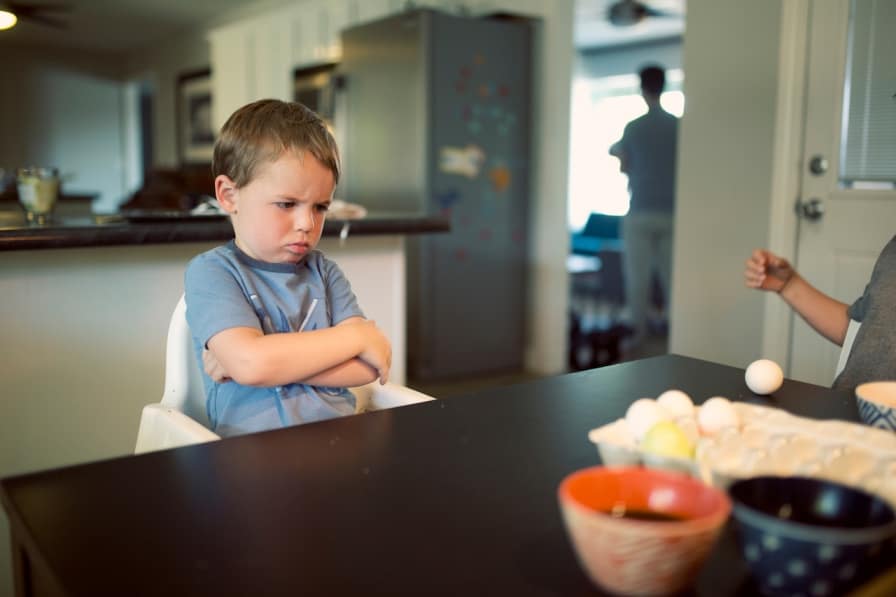
19. YOU MAKE ME SO ANGRY
Every day there occurs tons of moments where your kids get on your last nerves. It’s hard to control your emotions when you live with these little people who have no idea how to control their emotions either.
But when you say “you make me mad”, it’s hurtful for kids because you are holding kids responsible for you losing your calm.
Of course, we are all allowed to lose it when it’s too much for us to handle. But if we frequently blame it on kids they tend to believe that they are a constant source of frustration for you.
And it’s not fair to put the blame for your own lack of emotional regulation on someone else.
And there’s another thing. When you start to see kids as “People who make you mad” or as “People who don’t give you peace of mind”, you start to feel bad about parenting too.
To feel good about parenting, we need to change our self-talk.
What to say instead: I think l am losing my calm over this. I need some time to cool down and we will discuss it later.
Related: Top 10 joys of being a mom
20. BIG BOYS/GIRLS DON’T GET SCARED
I often see people shaming older kids for being afraid of something. They say, “ You are a big boy, why are you still afraid of the dark?”.
Because he is. Period.
Remember, adults have their own fair share of fears too. Rather than setting milestones for kids to overcome their fears, you can offer support, empathy, and validation to them.
And then think about how you can walk them through the fears to slowly overcome those.
What to say instead: It’s okay to feel scared. But we will get over this. I am here to help you.
These hurtful things we say to kids can cause long term psychological damage. But now that we realize it, let’s slowly learn to rephrase these sentences.
I hope this post has helped you. Please let me know in the comments below.
More posts on parenting:
- How to get started with positive parenting
- How to raise a grateful child instead of a complaining one
- 8 ways to raise kids who are not addicted to screens
- 12 healthy habits that all kids should be taught
- What every daughter needs from her mom
Like this post? Please take a moment to PIN and SHARE!
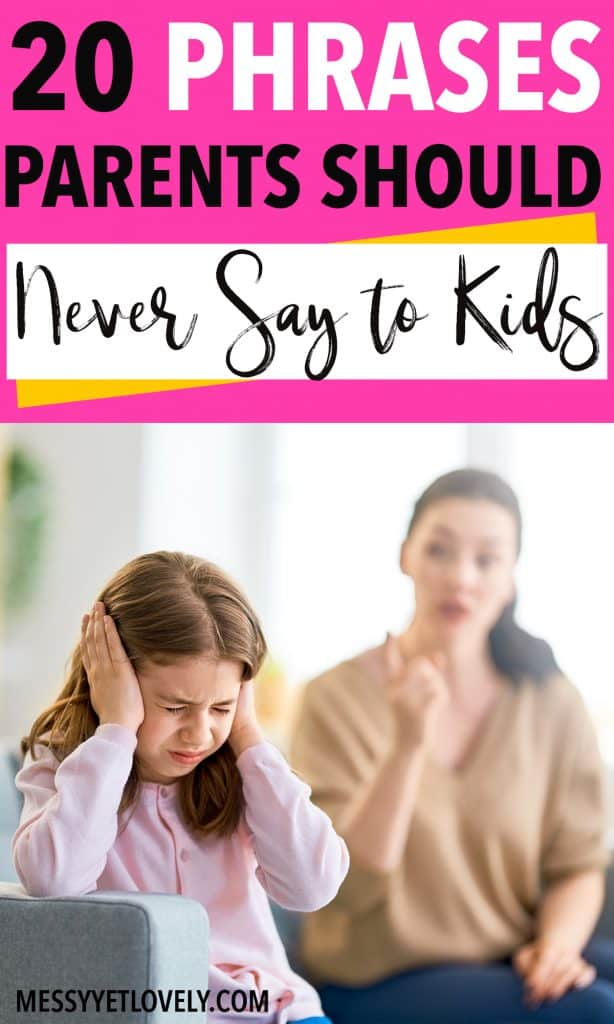
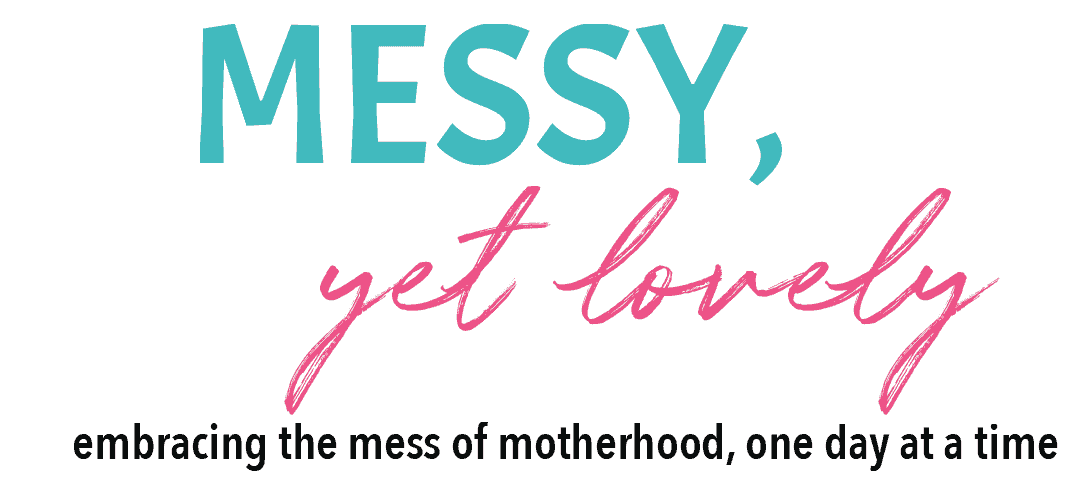
Deborah
Monday 22nd of August 2022
Thanks so much for this pertinent information. I am a grandmother now I see where I have made few mistakes. However, my children are wonderful.
I am just thankful that I have a second change with my grandsons.
I appreciate the lessons.
Best Regards!
Waheeda
Sunday 2nd of October 2022
Yes! We are all work in progress! Thanks for reading:)
Michaela Hutchison
Monday 27th of July 2020
YES! I agree with everything you said so much!